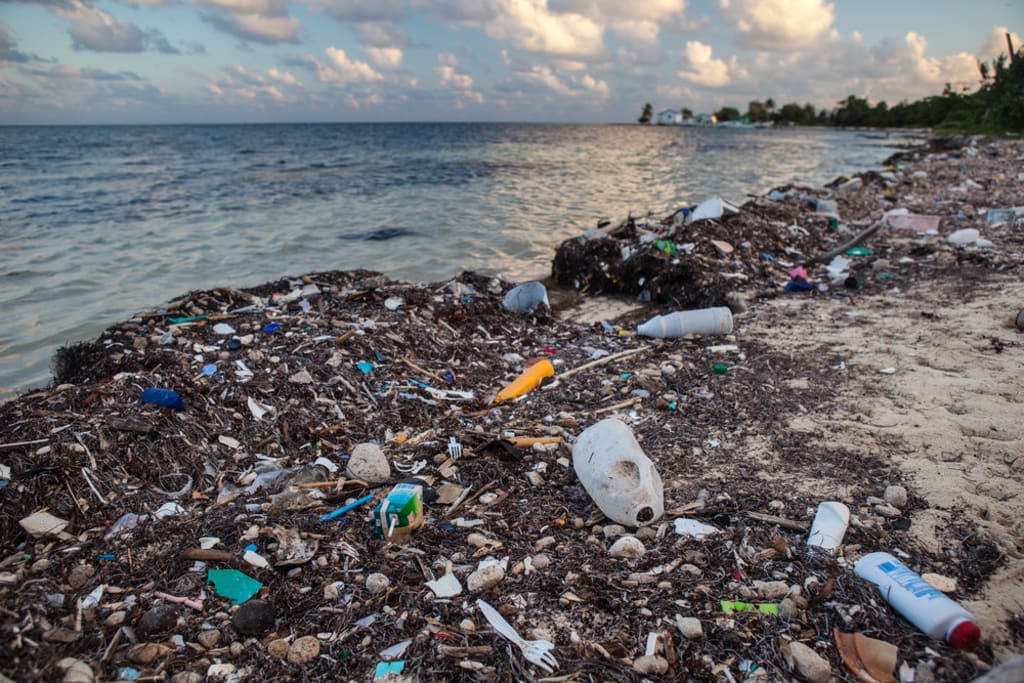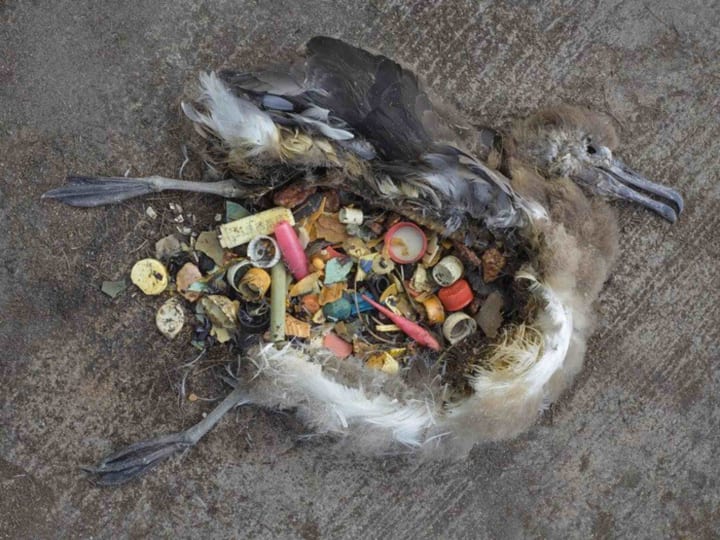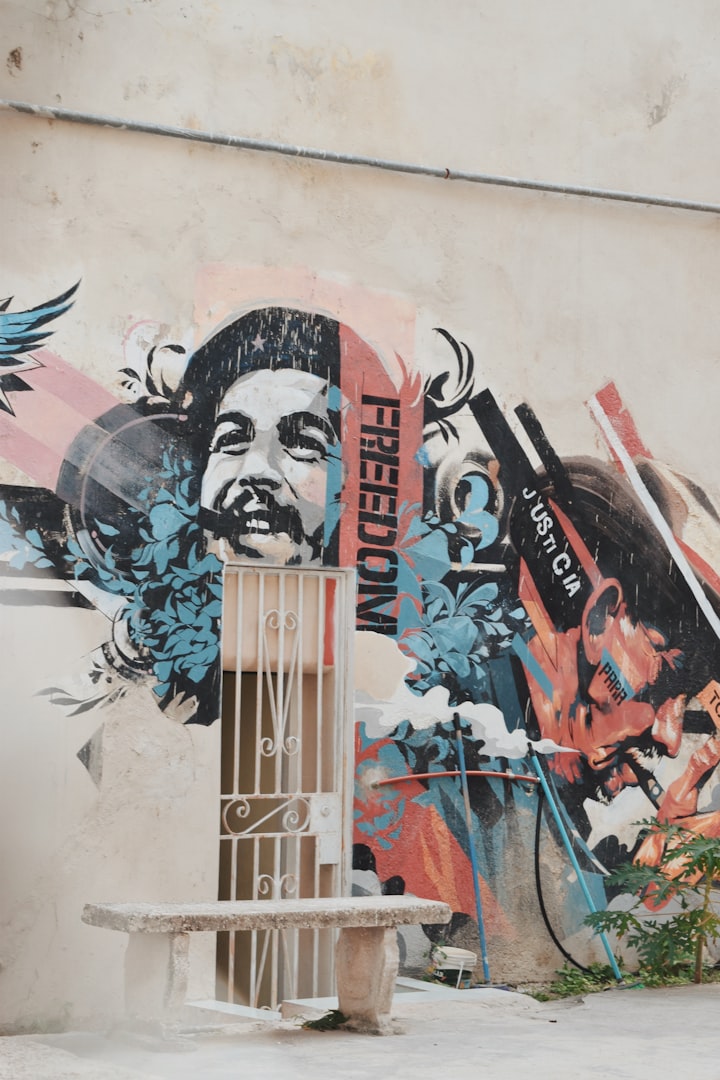
The removal from straws from cities or chain coffee shops isn't a substantial enough difference to make any real change, and the fixation on straws is honestly, just strange.
While plastic straws are one of the 12 most commonly found objects in 2017 Great Canadian Shoreline Cleanup, it is placed as number nine. This puts eight things ahead of it which would make a more substantial impact on the health of our oceans.
But do we want to just clean up some of the things polluting our oceans?Why are we playing this game where we keep picking up the mess while we continue making it?
We need to stop making changes that just make us feel good and start making changes, hard changes, that will make our planet a more sustainable place.
The Dirty Dozen

Let's unpack this a little bit. Almost 40% of the waste found across cleanups in Canada are little broken up pieces of plastic and foam. These are called microplastics. The little pieces come from all types of plastics as they break down. Marine creatures see these colorful bite-sized bits, mistake them for food, and eat them. To make it worse, these plastic pieces also absorb contaminants from agricultural and industrial run-off, so they become extremely toxic. So, fish eat toxic plastic, we eat fish, see the problem?
Next on the list is cigarette butts which make up a little less than 30% of the waste. We all know that cigarettes are full of toxins and carcinogens, so it's obviously not good for them to be in the ocean. Adding one cigarette butt to a liter of water raises the toxicity enough to kill 50% of the fish living in it. Animals are eating these cigarette butts, and getting poisoned by the tobacco and plastics in them. So, bottom line, clearly not good for the oceans, so why aren't we banning cigarettes? They're clearly more prevalent than straws and don't serve as a needed tool (yes straws are needed, I'll get to that). Even if you do smoke, there are alternatives that are becoming increasingly popular.
So I won't bore you and go into each type of waste found, but I have broken them all down into percentages because I feel like its easier to visualize impact this way.
Microplastics- 40%
Cigarette Butts- 30%
Water bottles- 6%
Wrappers- 5%
Bottle caps- 4%
Paper- 3%
Plastic Bags- 3%
Packaging- 2%
Straws- 2%
Foam- 2%
Cans- 2%
Rope- 1%
Congrats, by some places banning plastic straws, we can take a fraction out of 2% of the waste!
Why Straws?

Now, I understand this is nitpicky. I should just be happy that there is an initiative being taken towards cleaning our oceans, but I couldn't help but think why is there this fixation on straws, which are only 1/16th as common as cigarette butts? I began to think why I went out and bought reusable straws and started turning down the plastic ones at restaurants. (I'm a hypocrite I know). While I'm not stating this as fact, I believe that this obsession is because of the video of biologists helping a turtle hurt by a straw.
I love animals, and I hate seeing them hurt. That video created an emotional response in me, and that was its exact purpose, it guilted me. I got a reusable straw and used it with a clean conscience knowing I personally wouldn't be the cause of any turtle-straw pain. That's all it was, an act that benefited me personally, I knew that individual action does nothing except allow you to put the blame on somebody else.
Starbucks is playing into this trendy environmental movement of turning down straws to save the turtles. They are either oblivious to or actively ignoring disabled people who made it clear this is harmful to them. The actual effects of this ban will be minuscule, and it is only a feel-good environmental movement masqueraded as a milestone.
So, what should be done?
There's no easy solution to this question, but I believe that the answer lies in policy and institutional change. I believe in large-scale change, state-wide bans on single-use plastics, harsh punishments on ocean dumping, implementing fines for outrageous carbon emissions. Each one of those comes with its own cascade of issues, but also results that make it worth figuring out.
Right now, we are running in circles trying to clean up a mess we are still making. We have to stop making the mess, stop using single-use plastics, stop throwing things away that we can recycle before we can start cleaning up our mess. It's not easy, but the longer we wait, the harder it gets.
About the Creator
Bailey K
Environmental Science and Policy major studying at Clark University
Instagram: bailey_kratschman






Comments
There are no comments for this story
Be the first to respond and start the conversation.